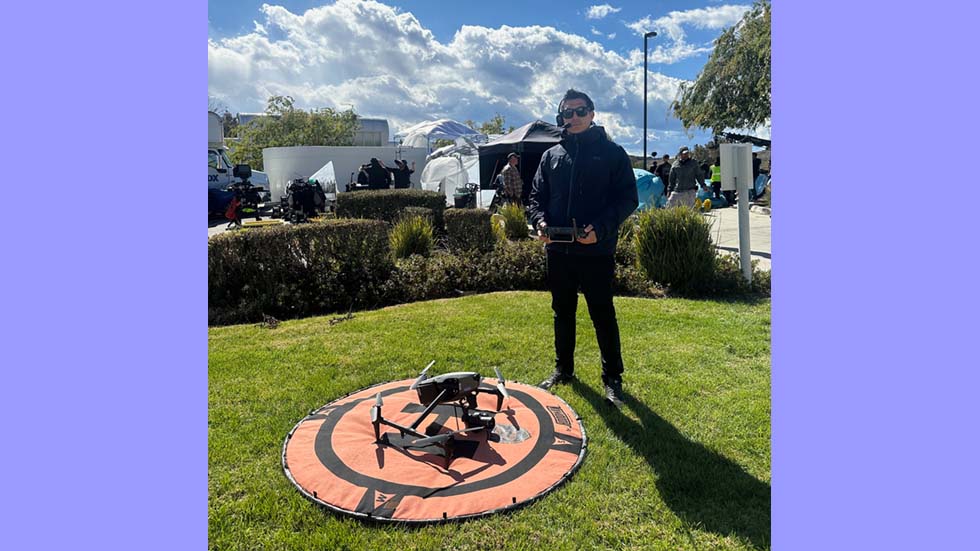Repack Reax

WASHINGTON—The incentive auction officially closed today and the TV channel repack officially began with the issuance of the Federal Communications Commission’s “Auction Closing and Channel Reassignment Public Notice,” which brought a round of reactions from broadcasters, observers and administrators.
Gordon Smith, president and CEO of the National Association of Broadcasters:
“NAB congratulates the Commission and its staff on bringing the TV auction to a successful conclusion. While today marks a major milestone, the work is far from over. Now the FCC and the broadcast industry face the unprecedented task of moving almost a thousand TV stations—far more than originally anticipated—to new channels in very tight time frames.
“NAB also remains concerned about the impact of the auction on hundreds of radio stationsco-located on television towers. We look forward to working with the FCC and Congress to develop a balanced approach to repacking that is fair to all stakeholders, most importantly our tens of millions of TV viewers and radio listeners.”
Joint Statement from APTS, CPB and PBS
“America’s Public Television Stations, the Corp. for Public Broadcasting and PBS are working together to review and analyze the results, with the goal of ensuring that all Americans and their families continue to have access to public media’s educational programs, trusted news and public safety information services.
“Our primary concern is that hundreds of public media stations who chose not to participate in the spectrum incentive auction nonetheless will be impacted as a result of the mandatory ‘repack.’
“Mandatory repacking requires stations to move to different broadcast channels. In addition, bystander television and radio stations, which share towers with stations that are being repacked, face the potential of operating at reduced power for months to ensure the safety of the workers implementing channel changes for other stations. These stations and their audiences are threatened with potentially debilitating service disruptions. Areas served by [translators] may also be affected, with stations facing financial hardship as translators are not covered by FCC reimbursement funds.
“As a result, there could be loss of universal service for significant number of Americans, especially those who live in rural areas. We look forward to working with the FCC on this unprecedented operational challenge. A smooth repacking transition, with sufficient time and reimbursement funds, is essential to protecting Americans’ access to public media’s local television and radio content and services.
“For the fraction of public television stations earning proceeds from the spectrum auction, by law, all proceeds will go to the nonprofit entity, or state or local governmental body that holds the license for that station. Such licensees are allowed to use the revenue in any nonprofit purpose they choose.
“These one-time-only proceeds may allow some individual licensees and stations to enhance their local educational mission, increase content and services to their community, and strengthen their financial foundation. It is important to note that the national public media organizations will not receive spectrum auction proceeds.” (See, “PBS SoCal to Invest $49 Million Auction Revenues.”)
Federal Communications Commission Chairman Ajit Pai:
“Today marks a major accomplishment for the commission: the ‘auction’ portion of the world’s first incentive auction is officially over. The reverse and forward auctions have concluded and the results have been announced. But this process is far from over. Now, we begin the post-auction transition period.
“This day has been a long time coming. We congratulate all bidders who were successful in the incentive auction, and we applaud all of those past and present commission staffers who worked so diligently on every aspect of this complex undertaking. We have only reached this point because of their tremendous skill and dedication to this groundbreaking endeavor.
“Again: While we celebrate reaching the official close of the auction, there is still much work ahead of us. It’s now imperative that we move forward with equal zeal to ensure a successful post-auction transition, including a smooth and efficient repacking process.”
Marci Ryvicker, senior analyst at Wells Fargo:
“We learned that the biggest winners in the auction were [T-Mobile], which won $7.99 billion; Dish, which won $6.2 billion, [and Comcast] which won $1.7 billion.
“The big surprise to us was the amount of spectrum that Dish won—$6.2 billion versus our estimate of nothing...” (See the rest of Ryvicker’s assessment at “T-Mobile Takes the Most TV Spectrum for $8 Billion.”)
Preston Padden, formerly director of the Economic Opportunities for Broadcasters Coalition, a seller’s coalition that speculated the auction would raise as much as $80 billion from wireless providers:
“The broadcasters showed up and, except for T-Mo, the carriers did not. [Incentive Auction Task Force Chairman] Gary Epstein deserves an award for five years of public service.”
Get the TV Tech Newsletter
The professional video industry's #1 source for news, trends and product and tech information. Sign up below.
